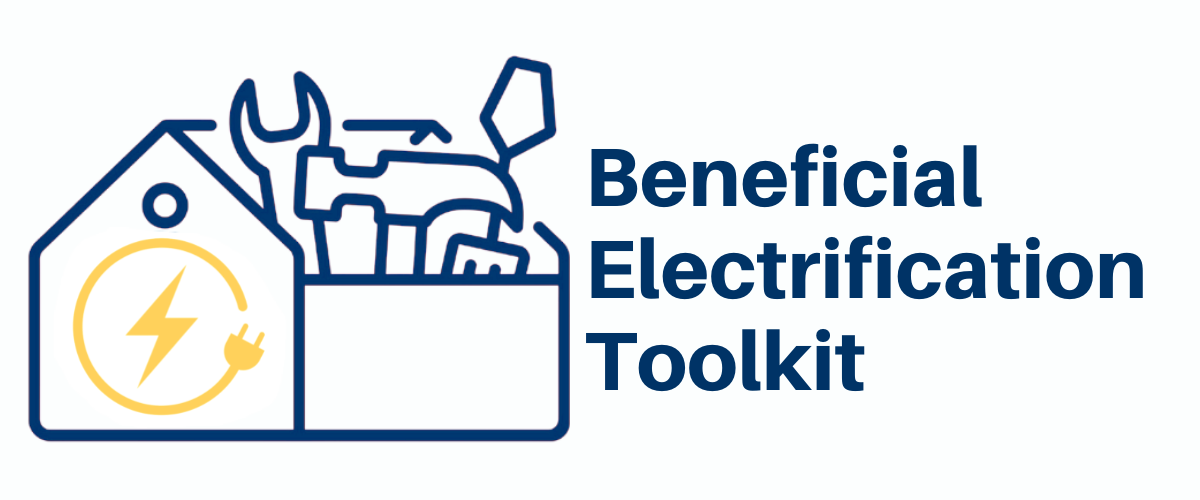Case Studies
MyRide All-Electric Bus Fleet
City of Rock Hill, South Carolina
Electric bus in Rock Hill, South Carolina. Photo Credit: City of Rock Hill
While many cities across the country are looking into converting diesel transit buses to electric buses, Rock Hill, South Carolina has done something different. This fast-growing city is located 25 miles south of Charlotte, North Carolina. When the city was looking to launch a fixed-route transit bus system using a non-traditional model. Most cities have grown their transit fleet starting with diesel or CNG buses, but Rock Hill may be the first transit system that started with an all-electric fleet.
Launched in July 2019, the Rock Hill “MyRide”™ system includes a 100% electric fleet of seven transit buses. The transit system is a free, city-wide service for all, supporting a city population of approximately 74,000, and the 5th largest city in South Carolina. Since the system serves some of the poorer areas of the city, it is considered a tool to help boost economic development. In addition, the buses were obtained within the State, as the 35-foot electric buses were purchased from Proterra, the company that manufactured and assembled Rock Hill’s fleet at its Greenville plant, only 90 miles away.
City buses are especially well-suited to be electric-powered, as they are regularly returned to a central depot for recharging and don’t operate over long ranges. In addition, maintenance costs for electric motors are much lower with fewer moving parts than fossil-fueled engines and far more efficient in MPG. Also, Rock Hill is an electric city, as a wholesale municipal utility provider of electric power generated at Duke Energy’s Catawba Nuclear Power Plant. So, in essence, they are buying the “fuel” for these electric buses from themselves, and mostly during the off-peak economical night times. This creates a flatter utility load curve, without the typical lower usage dips/valleys at night.
In addition to lowering fleet operational and maintenance costs, and helping to minimize localized tailpipe emissions that create a healthier community, the MyRide™ system has received strong community support. In just the first 6 months of operation into early 2020, ridership was reaching 5,500 passenger trips per week. Funding for the buses came from federal transit funds, along with major institutional and corporate sponsorships, including Winthrop University, Piedmont Medical Center, and the Family Trust Federal Credit Union.

